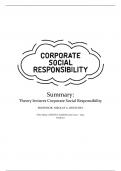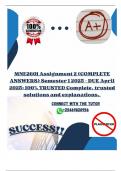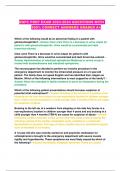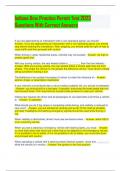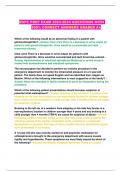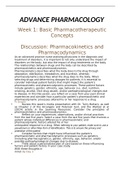Samenvatting
Summary Corporate Social Responsibility Theory Lectures ('22 - '23)
Comprehensive summary of the lectures for the course Corporate Social Responsibility. Suitable for students International Business. Given by Nikolay Dentchev at the Vrije Universiteit Brussel in the academic year . Allowed me to pass during the first session with a 17/20.
[Meer zien]
